Vitamin B12 – Its uses, diet, deficiency, food
Vitamin B-12 is found in many animal product foods. It helps the human body in making red blood cells and DNA and keeps your nervous system healthy.
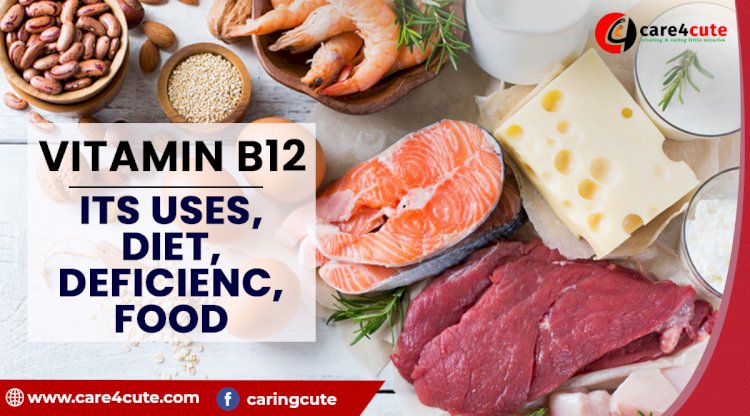
Vitamin B12 is very important for the human body to function properly. It is experienced that not many people take Vitamin B12 deficiency seriously, but at the same time, it is the most frequently and easily occurring deficiency in humans. This water-soluble vitamin cannot be produced by the human body itself, therefore, the human body often gets a deficiency of Vitamin B12.
Vitamin B-12 is found in many animal product foods. It helps the human body in making red blood cells and DNA and keeps your nervous system healthy.
What is Vitamin B12?
It’s one of the eight B vitamins that helps the body convert food into glucose. This, in turn, gives you energy. Your body needs vitamin B12 to stay healthy. It plays an essential role in the formation and metabolism of your red blood cells. It also aids in your ability to produce DNA.
Why we need vitamin B12?
Due to its role in making red blood cells, supporting brain health, and nerve function, we need vitamin B12 to thrive. For pregnant and breastfeeding women, specifically, vitamin B12 is necessary for an infant’s neurological development, red blood cell production, and immune system.
How much B12 should be consumed per day?
The amount of vitamin B12 a person need is primarily depending on their age.
- birth-12 months: 0.5mcg
- 1-3 years: 0.9mcg
- 4-8 years: 1.2 mcg
- 9-13 years: 1.8 mcg
- 14 years and older: 2.4 mcg
- pregnant teens and women: 5-10 mcg
- breast-feeding teens and women: 5-10 mcg
What are the symptoms of B12 deficiency?
Vitamin B12 deficiency can cause damage to your nerves and can affect memory and thinking. A few symptoms of B12 deficiency include:
- Weakness or tiredness
- Heart palpitations and shortness of breath
- Pale skin
- A smooth tongue
- GI issues, like constipation
- The sensation of pins and needles
- Disturbed vision
Vitamin B12-rich foods to add in diet
Food that is rich in vitamin B12 is organ meats, trout, salmon, yogurt, and egg yolk. Although plant foods do not produce vitamin B12, certain packaged foods are fortified with vitamin B12, like non-dairy milk and meat substitutes.
- Organ meat
B12 levels: 14mcg per 2.5oz
- Tuna
B12 levels: 7.9mcg per 2.5oz
- Salmon
B12 levels: 3.3mcg per 2.5oz
- Canned Tuna
B12 levels: 2.2mcg per 2.5oz
- Cottage Cheese
B12 levels: 1.5mcg per 1 cup
- Swiss Cheese
B12 levels: 1.5mcg per 1.5oz
- Plain Yogurt
B12 levels: 1.3mcg per ¾ cup
- Milk
B12 levels: 1.1mcg per 1 cup
- Pork
B12 levels: 0.8mcg per 2.5oz
Vegan Vitamin B-12 foods
Plant foods don’t naturally contain vitamin B-12. If you don’t eat meat, dairy, or eggs, add fortified vegan foods to your diet. These may include:
- breakfast cereals
- non-dairy milk
- meat substitutes
- rice
- nutritional yeast
- energy bars

 Admin
Admin 






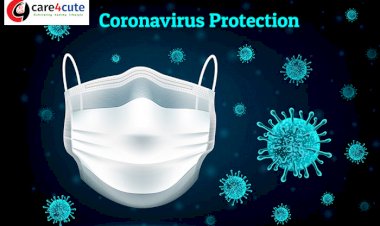

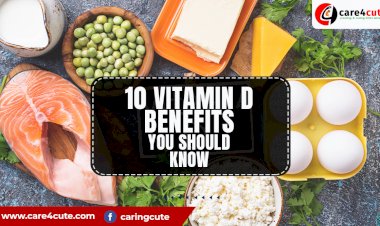















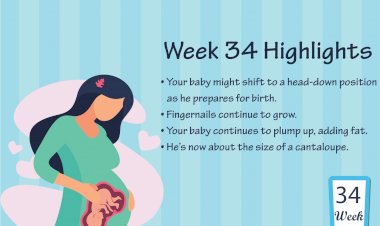



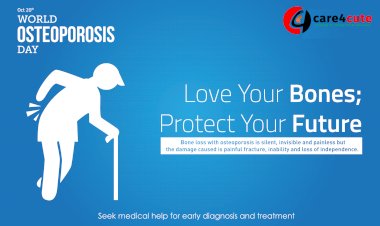

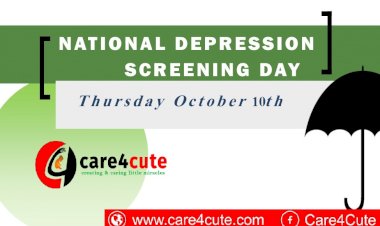
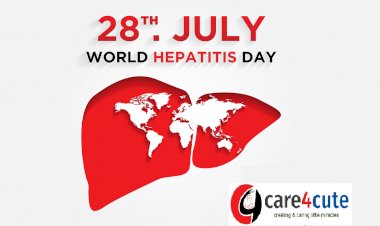

Comments (0)